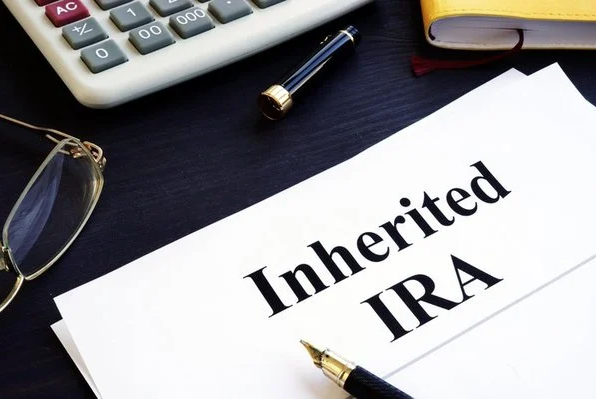
In 2020 the IRS and DOL made changes to how IRAs were inherited by relatives and others. Unless you are a spouse, a minor child, or disabled or chronically ill, and you inherit and IRA this is for you. Before this change, a beneficiary was able to pull out their Required Minimum Distribution RMD over their own lifetime. However, with the rules change in 2020 that was moved to a 10-year withdrawal period. The law stated that the account needed to be withdrawn after 10 years of the date of death. However, there was some confusion on whether or not there was a required minimum distribution each year, or if it just had to be withdrawn over 10 years. That question has now been answered, and we have put together information below to help you with that. If you want to go read the rule you can find it here.
- 10-Year Withdrawal Rule:
- Non-spousal heirs of retirement accounts must withdraw all funds within 10 years.
- This replaces the previous rule allowing withdrawals to be stretched over the heir’s lifetime.
- Annual Minimum Withdrawals:
- The IRS now requires most non-spousal heirs to take annual minimum distributions within the 10-year period.
- This applies if the original account holder was already taking required minimum distributions (RMDs).
- Penalties and Grace Period:
- Heirs who did not take required distributions from 2021 to 2024 will not be penalized.
- Starting in 2025, annual withdrawals are mandatory, based on the heir’s life expectancy.
- Tax Implications:
- Withdrawals from traditional IRAs are taxable, potentially leading to significant tax liabilities, strategically withdrawing over the 10 years is important.
- Roth IRAs:
- Roth IRAs are more advantageous as they do not require annual withdrawals.
- Distributions from Roth IRAs are generally tax-free, allowing for more strategic financial planning.
- Exceptions and Special Cases:
- Spouses can treat the inherited IRA as their own, with different rules applying.
- If the original account holder died before reaching the RMD age (currently under 73), heirs can wait until the end of the 10-year period to withdraw funds.
- Managing Multiple IRAs:
- Heirs may need to navigate different rules for multiple inherited IRAs.
- This can be complex, requiring careful calculation and planning.
- Future Legislative Changes:
- The required beginning date for IRA distributions has been raised to April 1 after turning 73.
- Ongoing legislative changes are likely, necessitating continuous adjustments in retirement planning strategies.
- Advice for Heirs:
- Consulting with tax professionals is recommended to optimize withdrawal strategies and minimize tax liabilities.
- Staying informed about legislative changes is crucial for effectively managing and planning for inherited retirement accounts.
Please let us know if you have any questions on this and how it will affect you and your family.